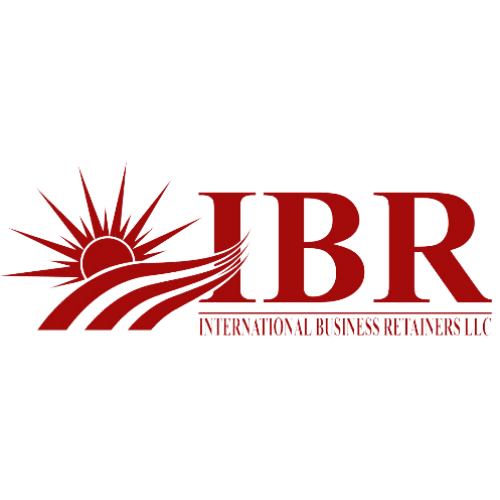
Accounting Tips For Small Businesses
Keeping track of spending, accurately recording transactions, logging receipts, and balancing bank statements are all part of basic bookkeeping. A small business’s financial health can be inferred from financial statements such the cash flow statement, balance sheet, and income statement.
How can a Small Business Maintain Accounts?
- Choose an accounting technique.
- Select an accounting technique before configuring your small business accounting system.
- The accounting techniques that you can use are as follows:
• Accounting on a cash basis.
• Accounting on an accrual basis.
• Adjusted cash foundation.
No in-depth accounting knowledge is needed for cash-basis accounting. Record a transaction using this method only when money is sent.
Accounting on an accrual basis takes more effort and requires a deep understanding of accounting for small businesses. Whether or not money is sent, a transaction should be recorded using this method as soon as it happens.
A combination of accrual and cash-basis accounting is known as modified cash-basis, or hybrid accounting.
Way of recording transaction
In what way will you enter the transaction into your books? You could be thinking about:
- Manually entering transactions into a spreadsheet.
- Hiring a bookkeeper.
- Making use of accounting software.
The ideal option is accounting software, which saves money and time by automating manual chores. Hiring an internal accountant is far more expensive than outsourcing your small business’s accounting.
Keep Accurate Records
In the UAE, small companies are required to keep thorough records of every financial transaction. This includes maintaining a record of all payments, both coming in and going out, including bills, invoices, and receipts. Precise documentation aids small enterprises in recognizing any fiscal concerns, arriving at well-informed judgments, and adhering to UAE government rules. The records ought to be updated on a regular basis and maintained in an orderly, safe manner.
Separate Business and Personal Finances
UAE small business operators need to keep their personal and business finances apart. This involves maintaining personal and commercial bank accounts apart. Combining personal and corporate funds can lead to accounting problems and complicate the tracking of business spending. Maintaining accurate financial records and simplifying tax filing are two more benefits of keeping personal and corporate finances separate for business owners.
Plan for Taxes
In the UAE, small companies are required to account for taxes and maintain precise records of their financial dealings. Companies need to know about all the taxes they have to pay, including corporate tax and value-added tax (VAT). In the UAE, small businesses can reduce their tax obligations and stay out of trouble by using effective tax planning.
Monitor Cash Flow
To make sure they have enough money on hand to pay their bills, small firms in the United Arab Emirates should keep a careful eye on their cash flow. This entails monitoring all incoming and leaving financial transactions and contrasting them with the allocated funds. Small company cash flow concerns can be quite problematic, but keeping an eye on cash flow can help owners spot problems early and take action.
Determine the business payment system
Without money, your business cannot expand. To guarantee that your customers pay you, you must establish a simple and transparent policy about payments.
Choose the method you’ll use to receive payments from clients. It may consist of:
- Money
- Verify
- Bank cards
- Payment via a mobile wallet.
Set up charts of accounts
The account charts list each account in the balance sheet. It displays the financial inflows and outflows for your company.
- There are five subheadings in the charts of accounts, or COA.
- Property
- Debts
- Parity
- Income
- To better arrange transactions, the account can be divided into sub-accounts (Product Sales, etc.). As your company expands, you can create more sub-accounts.
Maintain a record of expenses
Keeping track of spending is essential to small business accounting. You can assist during tax season and review spending at various points in time.
Make sure your records accurately reflect the costs you incur. To maintain an expense log, you need to keep the following documents.
- Acknowledgment
- Credit card statements and banks.
- Bills
- Cheques
- Rescheduled checks
- Earlier tax returns
- Evidence of payments.
